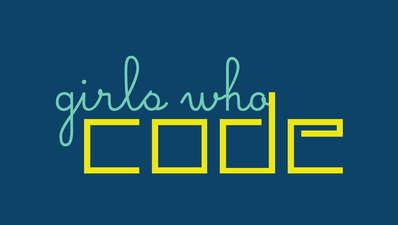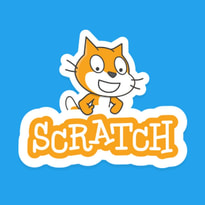
Grades: 6 - 10
| Computer Science Discoveries is an introductory computer science course for 6 - 10th grade students. Mapped to CTSA standards, the course takes a wide lens on computer science by covering topics such as problem solving, programming, physical computing, user centered design, and data, while inspiring students as they build their own websites, apps, animations, games, and physical computing systems.
|
Grades: 6 - 12
| CodeHS courses teach students applicable computer science skills. With a focus on helping students develop problem solving and computational thinking skills, students come away both with a knowledge of professional programming languages and the conceptual understanding needed to learn new languages. |
| Grades: 9 - 10
| Exploring Computer Science is a year-long, research-based, high school intro-level computer science curriculum and teacher professional development program that focuses on broadening participation in computing. We support teachers and districts through implementation of the course regardless of school resources.
|
CS Principles
Grades: 10 - 12
| As a College Board A - G Recognized Course, Computer Science Principles introduces students to the foundational concepts of computer science and challenges them to explore how computing and technology can impact the world.
More than a traditional introduction to programming, it is a rigorous, engaging, and approachable course that explores many of the foundational ideas of computing so all students understand how these concepts are transforming the world we live in.
|
Afterschool and CS Programming Resources |

| Girls Who Code is on a mission to close the gender gap in technology and to change the image of what a programmer looks like and does. They offer learning opportunities for students to deepen their computer science skills as well as their confidence. Programs create clear pathways for Girls Who Code alumni from middle and high school into the computing workforce. Through building a supportive sisterhood of peers and role models who help students and alumni persist and succeed.
|
|
| At Code Club, we think all children should have the opportunity to learn to code, no matter who they are or where they come from. We work with a global community of volunteers, educators, and partners to run free coding clubs where 9 to 13-year-olds build and share their ideas.
We believe in learning through making, and our coding projects offer young people plenty of opportunities to be creative and to share their creations with each other.
|

| With Scratch, you can program your own interactive stories, games, and animations — and share your creations with others in the online community.
Scratch helps young people learn to think creatively, reason systematically, and work collaboratively — essential skills for life in the 21st century.
Scratch is a project of the Lifelong Kindergarten Group at the MIT Media Lab. It is provided free of charge.
|
|
| The Hour of Code is a global movement introducing tens of millions of students worldwide to computer science, inspiring kids to learn more, breaking stereotypes, and leaving them feeling empowered. The Hour of Code began as a one-hour coding challenge to give students a fun first introduction to computer science and has become a global
learning event, celebration, and awareness event. HourOfCode.com offers hundreds of one-hour activities in over 48 languages for kindergarten and up. Activities require no experience and can be run on browsers, tablets, and smartphones - some don’t require any computer at all.
|
